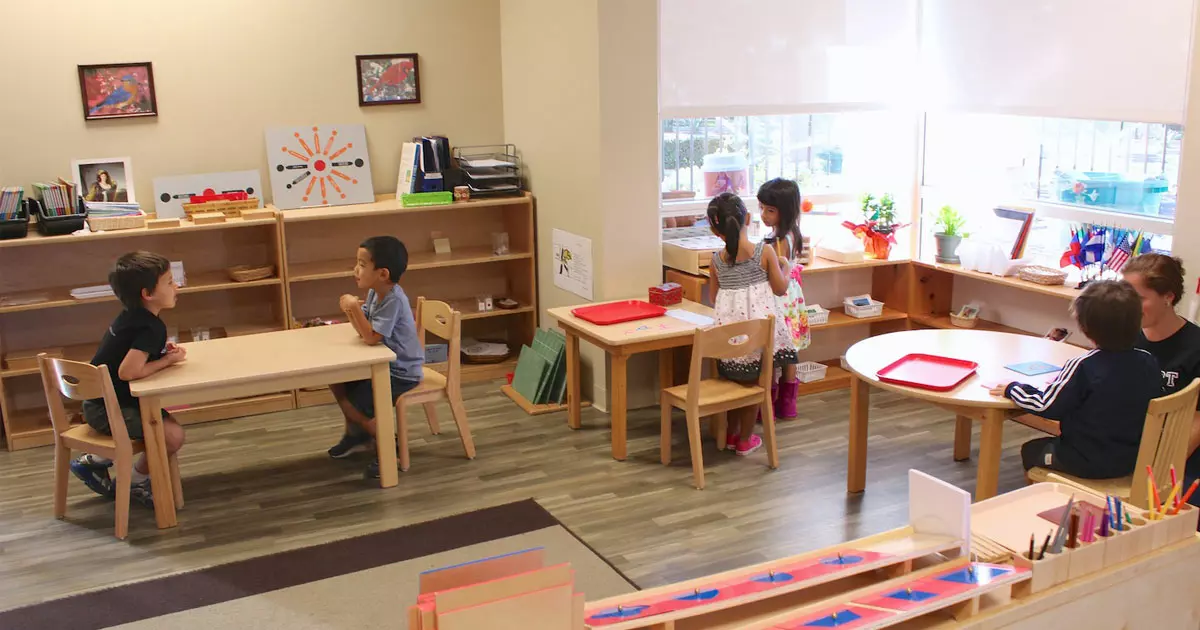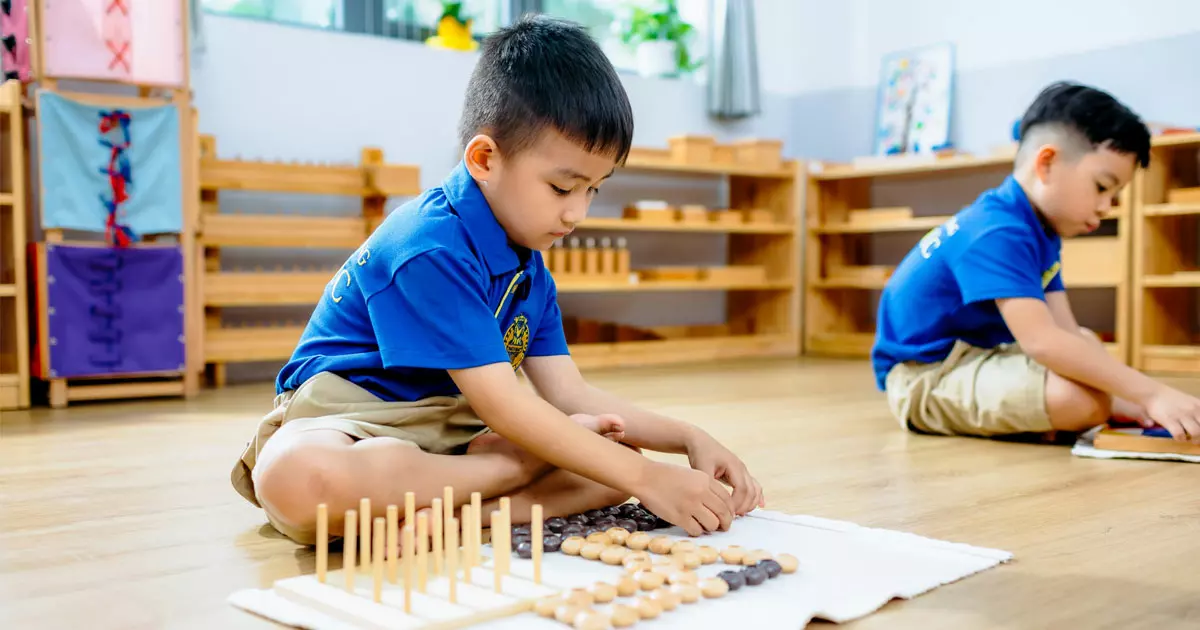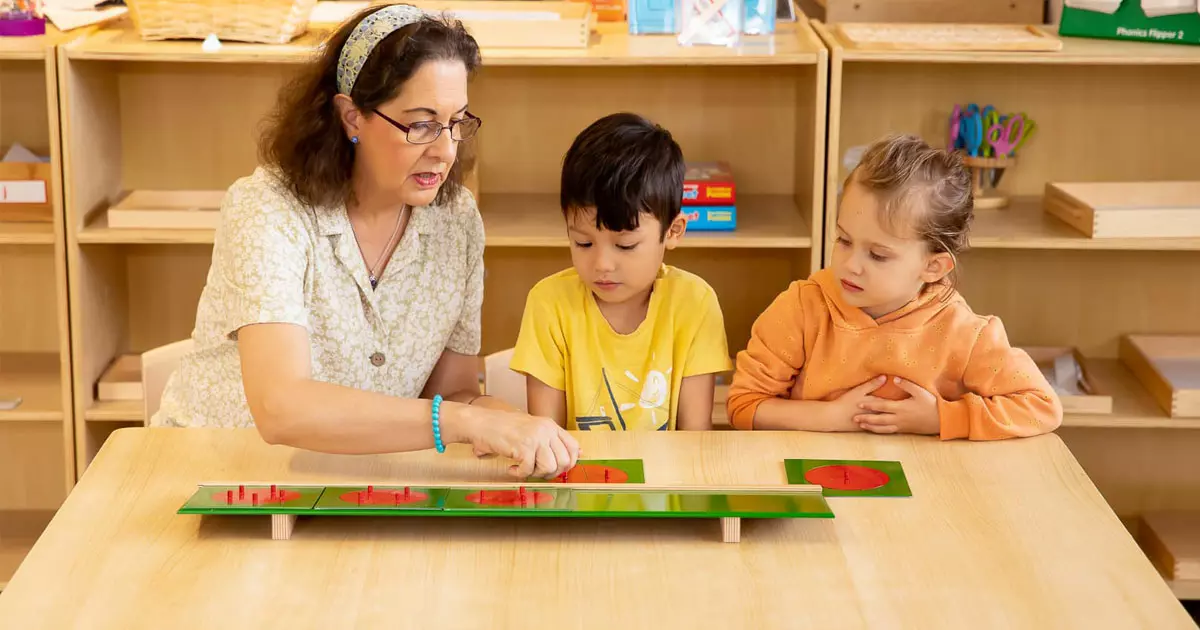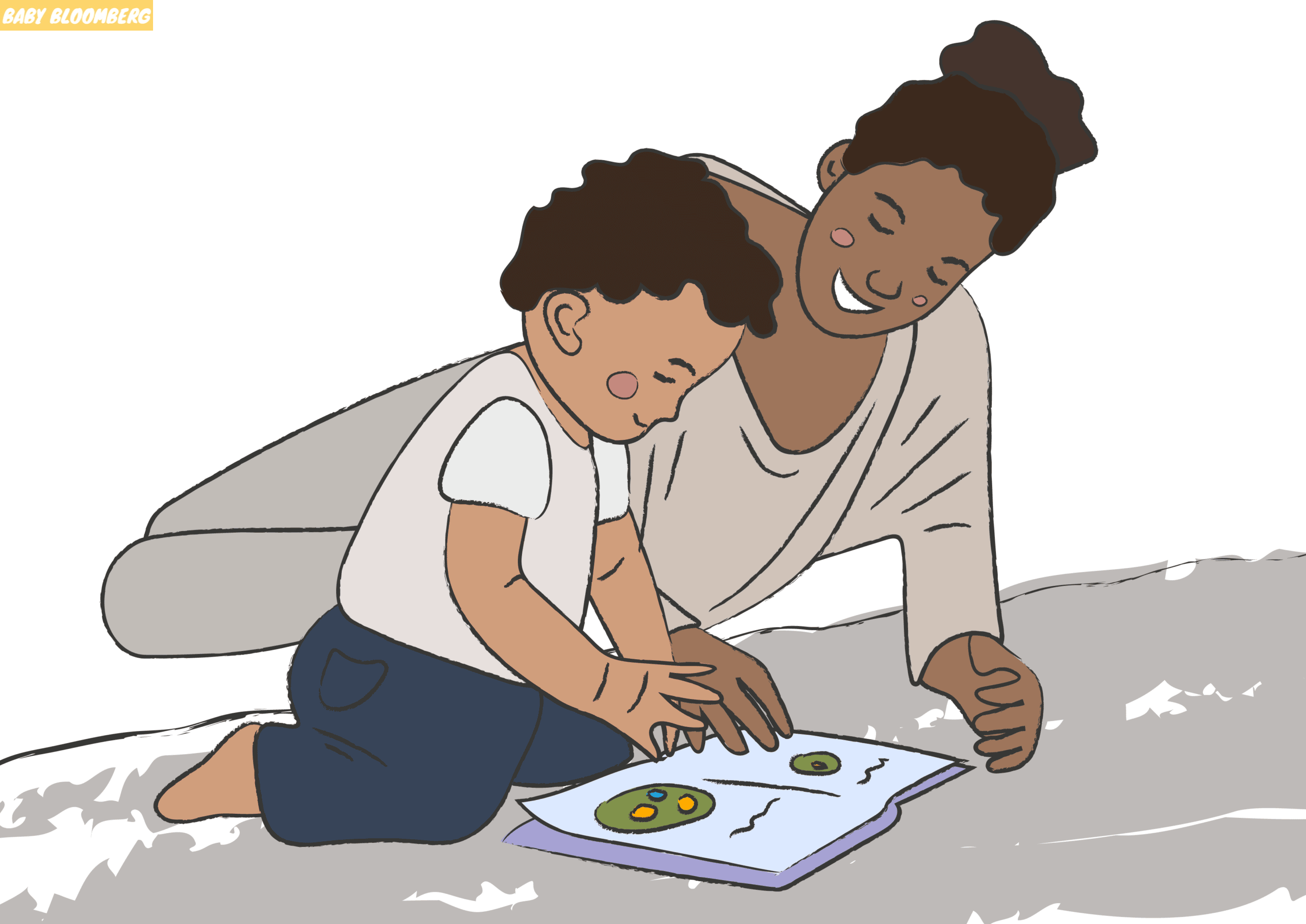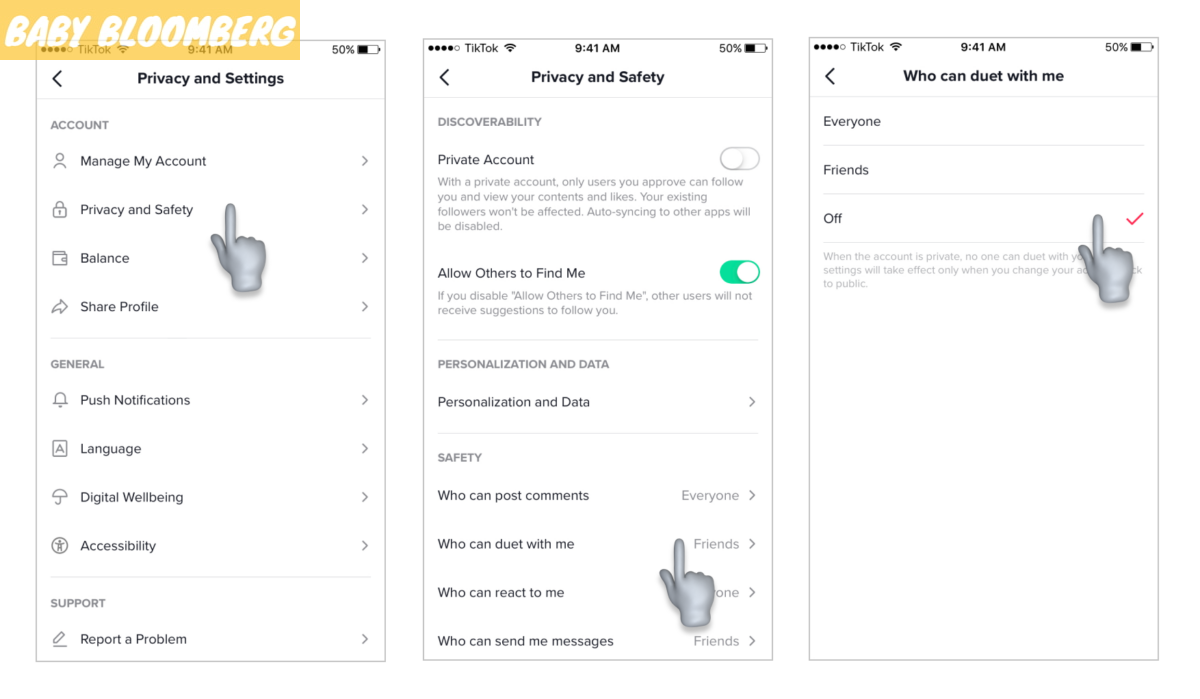In the early years of a child’s development, there is a special window of opportunity known as the sensitive period in Montessori education. This period, which typically occurs from birth to age 6, is characterized by intense interest and rapid development. It is a time when children have an innate drive to discover and learn new things, making it a prime time for optimal learning.
1. Understanding the Sensitive Period in Montessori
The sensitive period in Montessori education refers to a specific phase in a child’s development when they are most receptive to learning and acquiring new skills. This period is often marked by heightened curiosity, intense focus, and a strong desire to explore and discover. Maria Montessori, an Italian physician and educator, observed these sensitive periods and emphasized their importance in facilitating a child’s learning journey.
2. The Importance of Sensitive Periods in Development
Sensitive periods play a crucial role in a child’s development as they provide a unique opportunity for learning and skill acquisition. During these periods, a child’s brain is primed for specific types of learning, making it easier for them to absorb information and master new skills. By understanding and leveraging these sensitive periods, educators and parents can provide a supportive environment that maximizes a child’s potential for growth and development.
3. Categories of Sensitive Periods
In Montessori theory, there are five main categories of sensitive periods that encompass different aspects of a child’s development. Understanding these categories can help identify and nurture a child’s sensitive periods effectively.
3.1 The Sensitive Period for Order
The sensitive period for order refers to a child’s need for structure and predictability in their environment. During this period, children demonstrate a strong desire for tidiness, routines, and consistency. They may seek to arrange objects in a specific order, display a keen interest in organization, and become easily disturbed by disorder or chaos.
During this sensitive period, it is important to provide children with a prepared environment that offers clear guidelines, logical sequences, and opportunities for organization. Simple tools like labeled storage bins, visual schedules, and consistent routines can help support a child’s need for order and promote a sense of security and stability.
3.2 The Sensitive Period for Language
The sensitive period for language is a critical time for the acquisition of vocabulary, grammar, and communication skills. Children during this period have an exceptional capacity to absorb new languages effortlessly. They eagerly explore words, mimic sounds, and show a strong inclination towards language-rich activities such as storytelling, singing, and conversing.
To optimize language development during this sensitive period, it is vital to immerse children in a language-rich environment. Engaging in meaningful conversations, reading aloud, exposing them to a variety of written materials, and providing opportunities for language exploration through play all contribute to fostering a child’s language skills.
3.3 The Sensitive Period for Sensory Skills
During the sensitive period for sensory skills, children are drawn to experiences that stimulate their senses. They have a heightened sensitivity to touch, taste, smell, sight, and sound, and actively seek opportunities to engage their senses. Montessori-inspired materials for sensorial development, such as the tactile sandpaper letters, smelling bottles, and color tablets, are invaluable during this period.
To support a child’s sensory development, it is essential to provide a rich sensory environment that encourages exploration and experimentation. Engaging in sensory activities such as sensory bins, art projects, nature walks, and cooking experiences can help children refine their senses and develop a deeper understanding of the world around them.
3.4 The Sensitive Period for Movement
The sensitive period for movement is characterized by a child’s innate need for physical activity and exploration. During this period, children may display a strong desire to crawl, walk, run, climb, and manipulate the environment. They enjoy activities that promote gross and fine motor skills development, such as outdoor play, dancing, building, and manipulative materials like puzzles and blocks.
Creating an environment that allows for freedom of movement is crucial during this period. Providing ample space for physical activities, offering opportunities for outdoor play, and incorporating movement-based games and exercises can support a child’s motor development and overall well-being.
3.5 The Sensitive Period for Social Skills
The sensitive period for social skills occurs when children are highly receptive to developing social connections, empathy, and social norms. During this period, children demonstrate a strong desire for social interactions, engaging in pretend play, imitating social behaviors, and seeking approval and recognition from others.
To foster healthy social development, it is important to provide opportunities for meaningful social interactions, cooperative play, and group activities. Emphasizing the importance of empathy, sharing, and collaborative problem-solving can help children develop essential social skills and build positive relationships with their peers.
4. Characteristics of Sensitive Periods
Sensitive periods are characterized by specific behaviors and tendencies exhibited by children during these phases. Recognizing these characteristics can help parents and educators better understand and support a child’s sensitive periods. Some common characteristics include:
- Intense concentration: Children in a sensitive period exhibit deep focus and concentration on their chosen activities or interests.
- Mimicking behaviors: Children may imitate the actions, words, and behaviors of those around them, as they seek to understand and master new skills.
- Emotional reactions: Interrupting a child during a sensitive period can lead to strong emotional reactions, as their deep concentration and engagement are abruptly disrupted.
5. Recognizing a Child’s Sensitive Periods
Recognizing a child’s sensitive periods requires careful observation and an understanding of their individual needs and interests. Parents and educators should be attentive to a child’s engagement, passion, and energy towards specific activities or skills. Look out for signs of intense focus, active exploration, and consistent interest in a particular area.
It is important to allow children to follow their interests and engage in activities that align with their sensitive periods. By providing opportunities for exploration and learning in these areas, parents and educators can tap into a child’s natural motivation and enhance their learning experiences.
6. Supporting and Nurturing Sensitive Periods
To support and nurture a child’s sensitive periods effectively, it is important to create an environment that is conducive to their learning and development. Here are some strategies that can help:
- Provide a prepared environment: Design an environment that promotes learning and exploration, with appropriate materials and activities tailored to the child’s sensitive periods.
- Offer freedom within limits: Allow children the freedom to choose activities aligned with their interests while establishing boundaries and guidelines to ensure their safety and well-being.
- Follow the child’s lead: Observe a child’s engagement and initiate conversations or activities that build upon their interests and strengths.
- Encourage independence: Foster independence by providing opportunities for children to problem-solve, make choices, and take responsibility for their own learning.
- Provide support and guidance: Be available to offer support, guidance, and encouragement when children face challenges or obstacles during their sensitive periods.
7. Frequently Asked Questions (FAQs)
Q: How long do sensitive periods typically last?
Sensitive periods can vary in duration depending on the child and the skill or area of development. They can last from a few weeks to several months.
Q: How can I identify my child’s sensitive periods?
Careful observation is key to identifying a child’s sensitive periods. Watch for signs of intense interest, engagement, and a consistent desire to explore and learn in specific areas.
Q: Can sensitive periods overlap?
Yes, sensitive periods can overlap. Children might exhibit interest and engagement in multiple areas simultaneously, and that is completely normal.
Q: What happens if a sensitive period is interrupted?
Interrupting a child during a sensitive period can result in strong emotional reactions and disrupt their intense focus and concentration. It is best to provide uninterrupted time and space for children to explore and learn during their sensitive periods.
Q: How can I support my child’s sensitive period for language development?
To support language development, create a language-rich environment, read aloud to your child, engage in conversations, and provide exposure to a variety of written materials.
Q: Is it necessary to reinforce learning during sensitive periods?
Reinforcing learning during sensitive periods is not necessary as children are naturally driven to learn and absorb information during this time. Instead, provide opportunities for exploration and offer guidance and support when needed.
The sensitive period in Montessori education is a crucial time in a child’s development. By recognizing and supporting these periods, parents and educators can create an environment that optimizes learning opportunities and encourages a child’s natural curiosity, passion, and energy. Understanding the different categories of sensitive periods and their characteristics is essential in unlocking a child’s potential for optimal learning. Embrace the uniqueness of each child’s sensitive periods and provide a nurturing environment that allows them to thrive. Through these efforts, we can lay a strong foundation for a child’s future success and lifelong love for learning.


